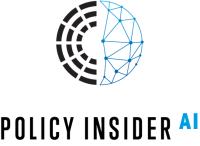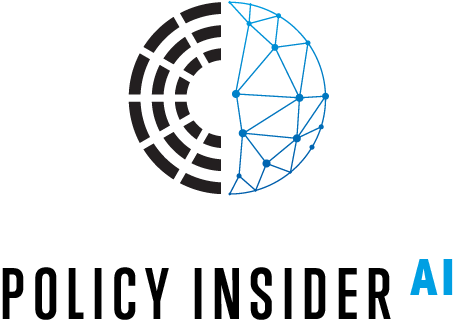As Policy-Insider.AI integrates the WHO data sources, we look into the WHO’s future influence on national public health.
On January 30, 2020, the World Health Organization declared the 2019-nCoV7 outbreak a public health emergency of international concern. The global Covid-19 pandemic has brought the critical importance of public health and its impact to the forefront of the world stage. Despite criticism for its ineffectiveness in the face of the crisis, the WHO is in the spotlight and its impact on shaping future public policies appears to be growing. Here are four reasons why public affairs professionals in healthcare need to monitor the WHO more carefully.
#1 A precursor and evidence base for many policy developments
Mainly known for its humanitarian action in developing countries or war zones, the WHO also carries out the important work of harmonization and codification. By defining international health conventions and regulations, the WHO provides advice on health measures to take in the event of an epidemic, distributes information and coordinates research.
Clearly, the impact of the WHO goes beyond the framework of health to touch environmental challenges: the resolution adopted by the European Parliament on 25 March 2021 on ambient air quality is based on the resolution of the World Health Organization (WHO) of May 26, 2015, entitled “Health and the environment: responding to the health consequences of air pollution”.
#2 The right scale to handle a global health problem
Throughout the crisis, the question that people have been asking themselves is: “what measures will be put in place and how will this impact my daily life?”. Lockdown, curfews, closure of non-essential businesses, limitation of gatherings, and compulsory vaccination are the information that everyone wants to be able to anticipate. However, a global health crisis cannot be approached with a short-term, self-focused view.
As Frank-Walter Steinmeier, Federal President of Germany, says: “No-one is safe from COVID-19; no-one is safe until we are all safe from it. Even those who conquer the virus within their own borders remain prisoners within these borders until it is conquered everywhere.” The pandemic will only be contained through coordination of the efforts of all countries. Hence the WHO’s claim: “a global pandemic requires a global response”.
#3 Identify and monitor global trends, and have a comprehensive view
In the field of public health, there is much more to monitor than the Covid-19 and not giving importance to other public health challenges is risky. Through its organization based on six regional offices, the WHO has developed expertise in monitoring health issues around the world. The last World Health Assembly (find all documents on policy-insider.ai) dealt with the many health topics put aside by the Covid-19. Delayed cancer diagnosis, mental health, obesity, and pathologies linked to lack of physical activity are challenges that will arise in the years to come. Monitor the WHO carefully and it will enable you to identify and leverage these trends early on.
#4 A strong focus on prediction of future trends can be expected by the WHO
The theme of the 74th World Health Assembly was “Ending this pandemic, preventing the next: building together a healthier, safer and fairer world”. On this occasion, the WHO expressed its willingness to strengthen its position as the directing and coordinating authority in the field of health. The special session planned for November 2021 will reflect on a global agreement on pandemic preparedness and response. After the pandemic, the challenge is how to rethink our health systems? The question remains open, but it is a safe bet that the guidelines given by the WHO will have a strong impact on public health policies both at the national level and worldwide. Why? Because no government wants to get caught off-hand again. Hence, non-compliance to WHO guidelines will be depicted as a weakness in leadership, similar to the outcry when the Trump administration decided to leave the WHO.
Monitor where your stakeholders are bringing their topics to the global level
The WHO brings together a very large number of major health actors in the world. With Policy-Insider.AI you can monitor the WHO’s publications, policy activities, access the profile and Twitter activity from the entire executive board made up of health experts from 34 WHO member countries.
Despite its difficulty in convincing people of its legitimacy in the face of the crisis, the WHO remains the best-placed institution to coordinate efforts against Covid-19 and offers a broad view of the health issues sidelined by the pandemic. To conclude, an institution with growing public recognition after COVID means that any policy mentioning your topic has grown in importance.
This article was originally published in English. Translations were generated automatically and might be incorrect.


